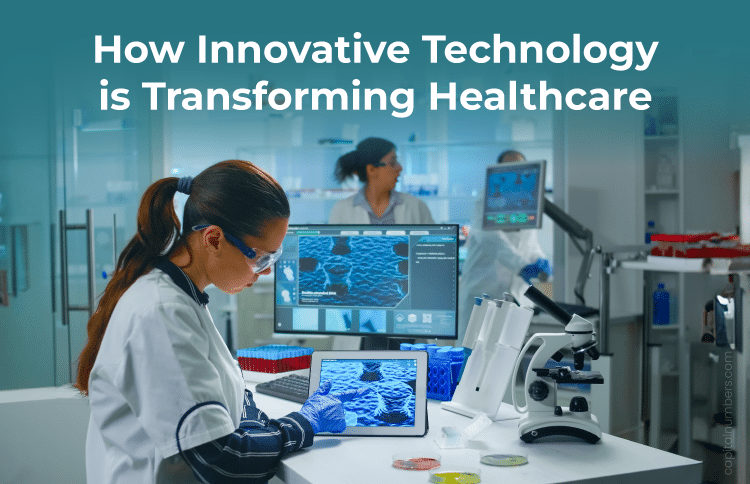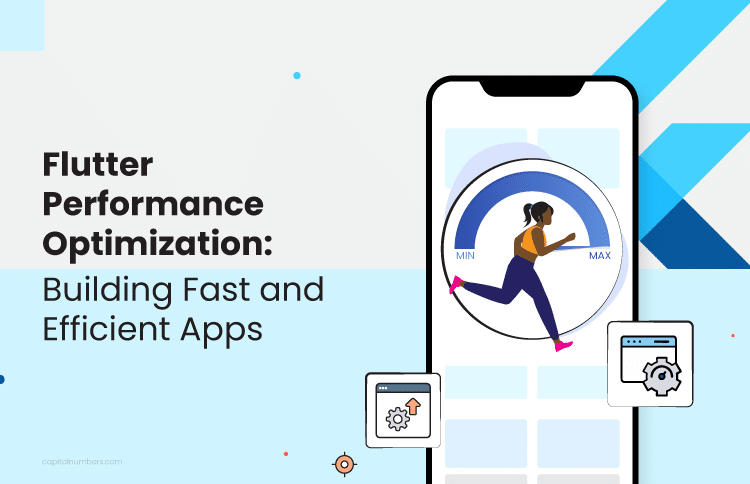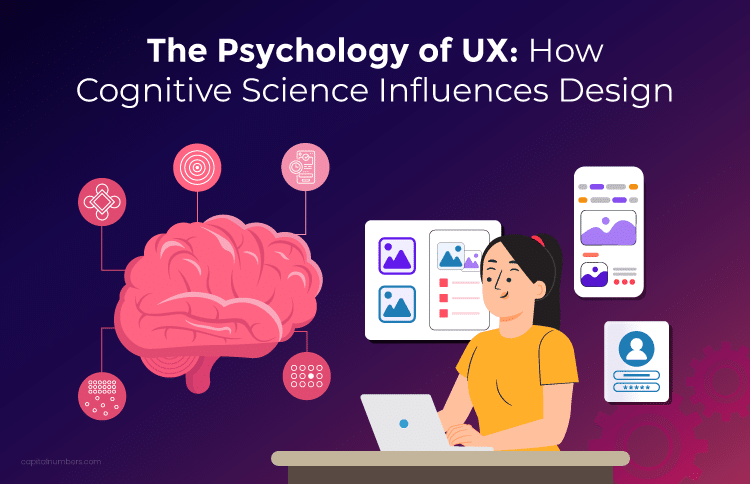Embracing Technology in Healthcare: The Transformational Journey with Innovative Solutions
Table of Contents
In the fast-changing world of healthcare, technology has become a powerful tool, changing old ways and creating new, exciting solutions. Leading organizations are using innovative technology to make healthcare easier and better. As we look ahead, the future of digital transformation promises even more groundbreaking advancements that will further revolutionize patient care and healthcare delivery. In this article, we explore how technology is making a big difference in healthcare and the amazing changes it has brought.
Patient-Centric Care: The Heart of Transformation
At the core of modern healthcare lies a patient-centric approach. Gone are the days of one-size-fits-all treatment; today, the focus is on personalized care tailored to individual patient needs. Innovative platforms leverage technology to make this a reality. By integrating various healthcare services and data streams, these solutions ensure that every patient receives care that’s not just top-notch but also customized to their unique health profile.
Imagine a healthcare system where your treatment plan is designed specifically for you, taking into account your medical history, genetic predispositions, and lifestyle choices. This is the promise of patient-centric care empowered by technology. From wearable devices that continuously monitor your health to telemedicine platforms that connect you with healthcare providers, these innovations put the patient at the center of the healthcare journey.
Bridging Gaps: Interconnected Healthcare Services
One of the most significant challenges in the healthcare sector has been the fragmentation of services. Patients often find themselves navigating a complex web of specialists, clinics, and hospitals, leading to disjointed care and communication gaps. Innovative healthcare platforms address this issue by creating an interconnected ecosystem of healthcare services.
This holistic approach ensures seamless communication and collaboration among healthcare providers, thereby enhancing the quality of care and ensuring that patients receive timely and coordinated treatment. Imagine a scenario where your primary care physician, specialist, and pharmacist are all on the same page, sharing critical information about your health in real-time. This interconnectedness not only saves time but also lives.
Quality Outcomes: The Benchmark of Excellence
In the realm of healthcare, the quality of outcomes is the ultimate benchmark. The commitment of tech-driven healthcare platforms to integrating advanced technology in healthcare processes ensures that the outcomes are not just improved but are also consistent with the highest standards of excellence.
These platforms harness the power of data analytics and artificial intelligence to optimize healthcare delivery. From reducing inefficiencies in hospital operations to augmenting provider revenues through better billing and coding practices, these platforms stand as a testament to how technology can be harnessed to elevate healthcare standards.
The Role of Artificial Intelligence and Machine Learning
Artificial Intelligence (AI) and Machine Learning (ML) are transforming healthcare in remarkable ways. In diagnostics, AI can analyze medical images, like X-rays and MRIs, to detect diseases such as cancer more accurately and quickly than traditional methods. This helps doctors diagnose conditions earlier and start treatment sooner. ML algorithms can also create personalized treatment plans by analyzing a patient’s unique health data, ensuring that each patient gets the most effective care based on their specific needs.
Additionally, AI and ML are automating many administrative tasks in healthcare, such as scheduling appointments and managing patient records, which frees up healthcare professionals to focus more on patient care. However, the use of AI in healthcare raises ethical concerns, including data privacy and the need for transparency in AI decision-making processes. Addressing these ethical issues is crucial to ensure that AI applications are safe, reliable, and beneficial for all patients.
Policy and Regulatory Landscape
In healthcare, regulatory compliance is crucial to protect patient data and ensure safe practices. Regulations like the Health Insurance Portability and Accountability Act (HIPAA) set strict rules on how patient information must be handled and secured. Healthcare providers and tech companies must follow these regulations to avoid legal issues and maintain patient trust. Compliance ensures that sensitive health data is kept confidential and protected from breaches or misuse.
Legislation significantly influences how technology is adopted and used in healthcare. Laws can either facilitate or hinder the integration of new technologies. For example, supportive legislation can provide funding for healthcare tech innovations and set clear guidelines for their use, promoting faster adoption. Industry standards and best practices are also essential, as they offer a framework for implementing healthcare technology safely and effectively. These guidelines help ensure that new technologies meet quality and safety standards, benefiting both providers and patients.
The Future is Here: Transformative Healthcare Delivery
The future of healthcare is not just about treating illnesses but preventing them. The forward-thinking approach of these platforms embodies this philosophy by utilizing predictive analytics and data-driven insights to foresee health trends and provide preventative care solutions.
Imagine a healthcare system that identifies potential health risks before they become critical issues, allowing for early interventions and improved patient outcomes. This not only revolutionizes the treatment methodologies but also empowers patients to take proactive control of their health.
Conclusion
The integration of technology in healthcare is not merely a trend; it is the future. Custom software development plays a crucial role in this transformation, creating tailored solutions that meet the unique needs of healthcare providers and patients. With innovative solutions and patient-centric approaches, the healthcare sector is leading this charge, heralding a new era where technology and healthcare go hand in hand to create a healthier, happier world. As we navigate through this transformative journey, one thing is abundantly clear: the future of healthcare is bright, and it’s digital. The marriage of technology and healthcare promises to deliver better outcomes, improved access, and a healthcare experience that truly revolves around the patient. Welcome to the future of healthcare, where innovation knows no bounds, and the possibilities are limitless.

















